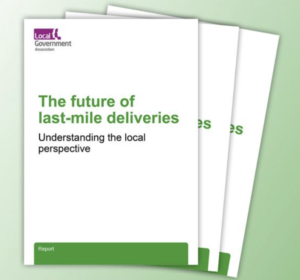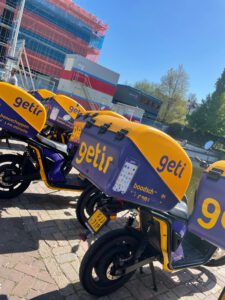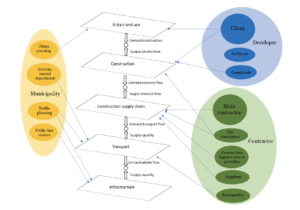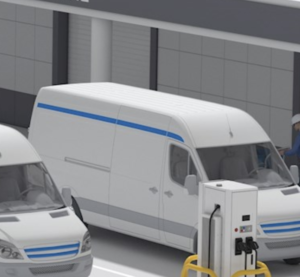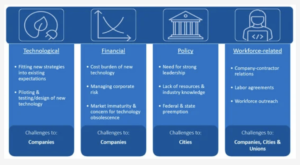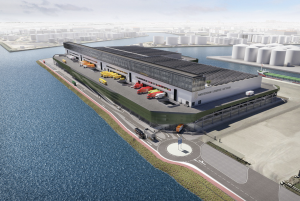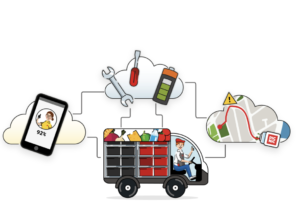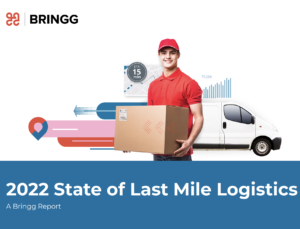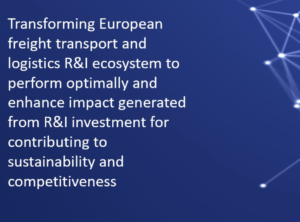Using procurement power to accelerate sustainable city logistics: lessons from change agents

Large procurers (receivers) in city logistics are gaining increased attention among scientists and professionals. Knowledge, guidance, and agreements in this field have led to receivers’ willingness, ability, and opportunities to contribute to efficient and zero-emission city logistics when buying goods and services. Change agents play a vital role in initiating, managing, and implementing the change …

